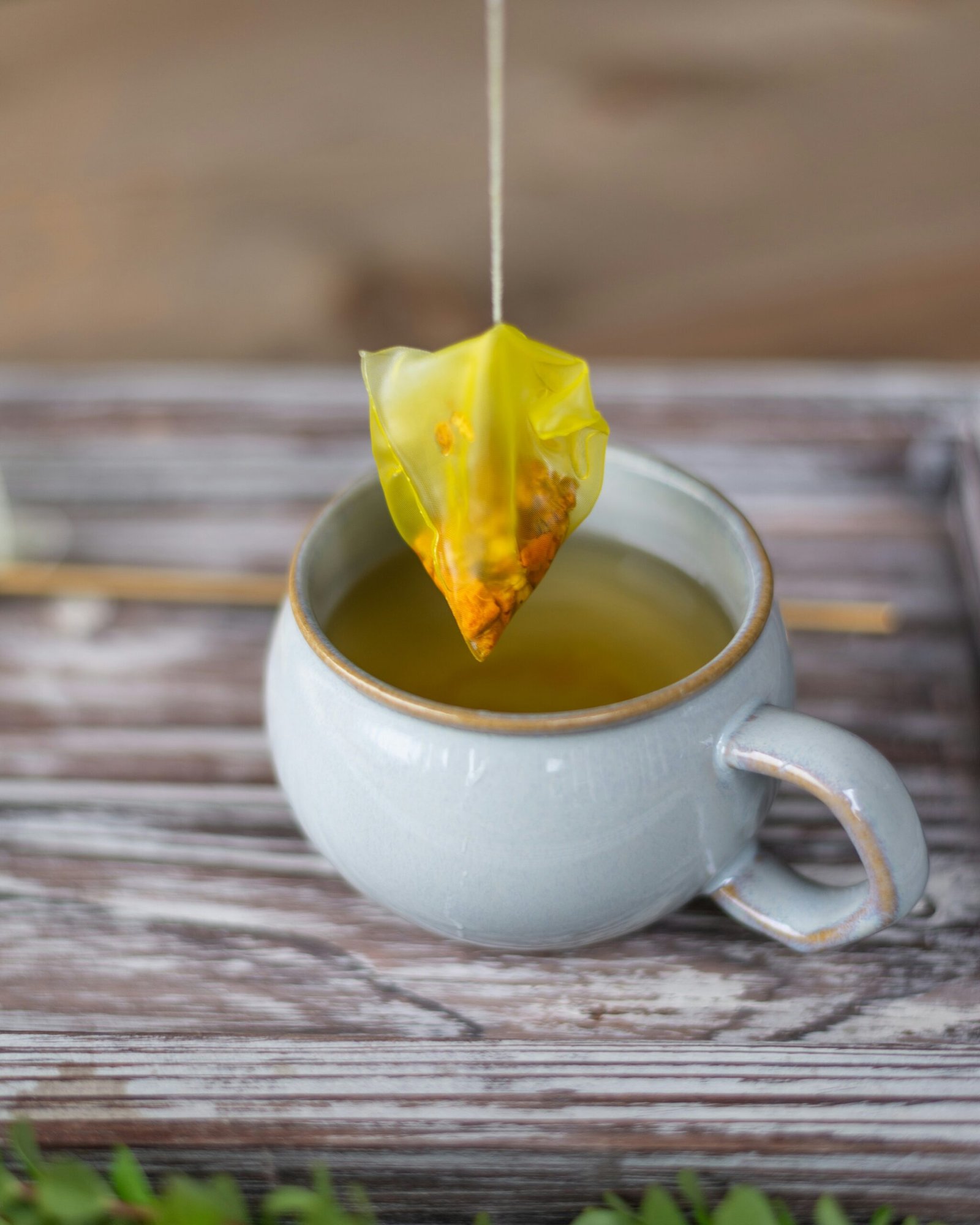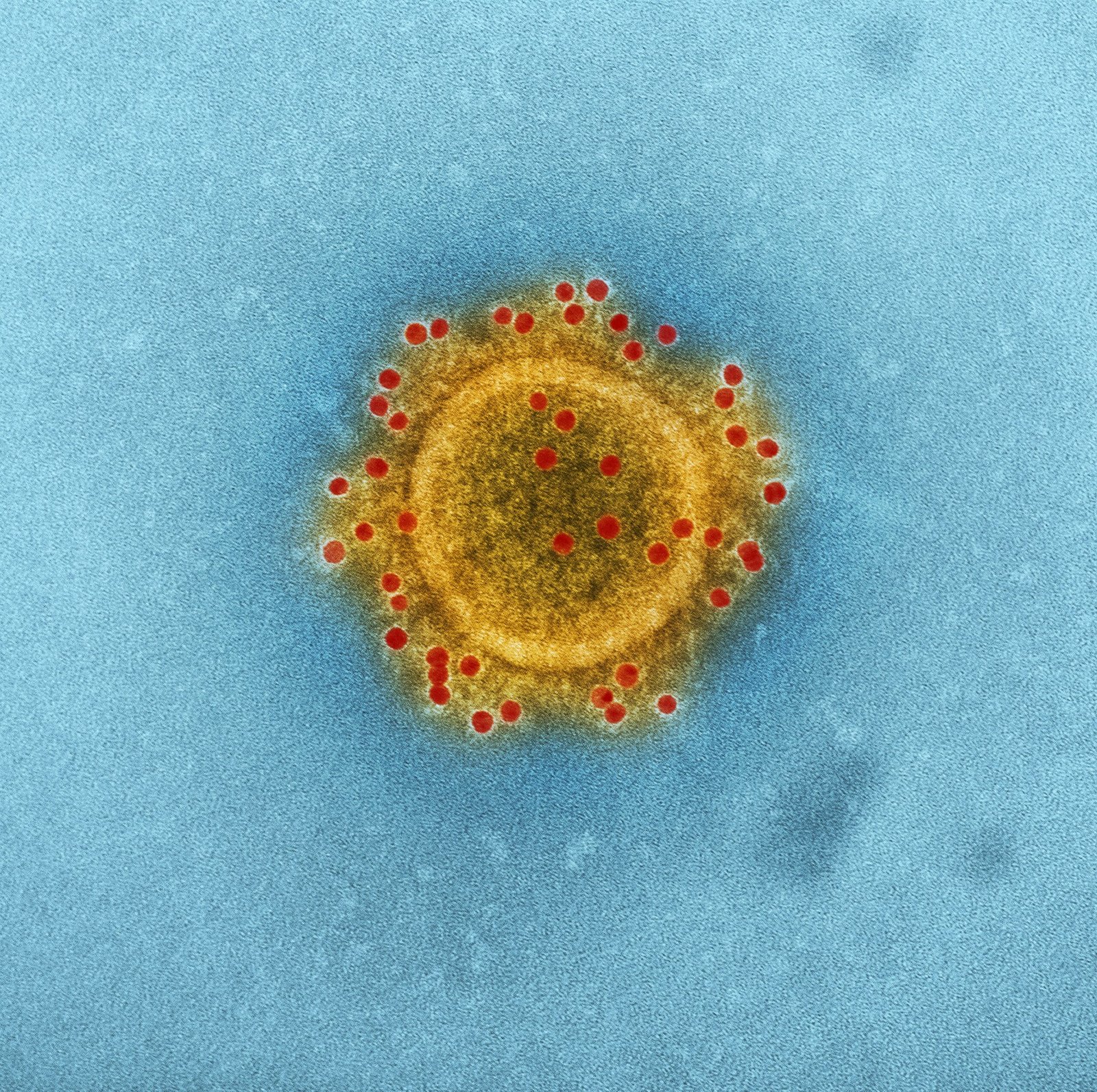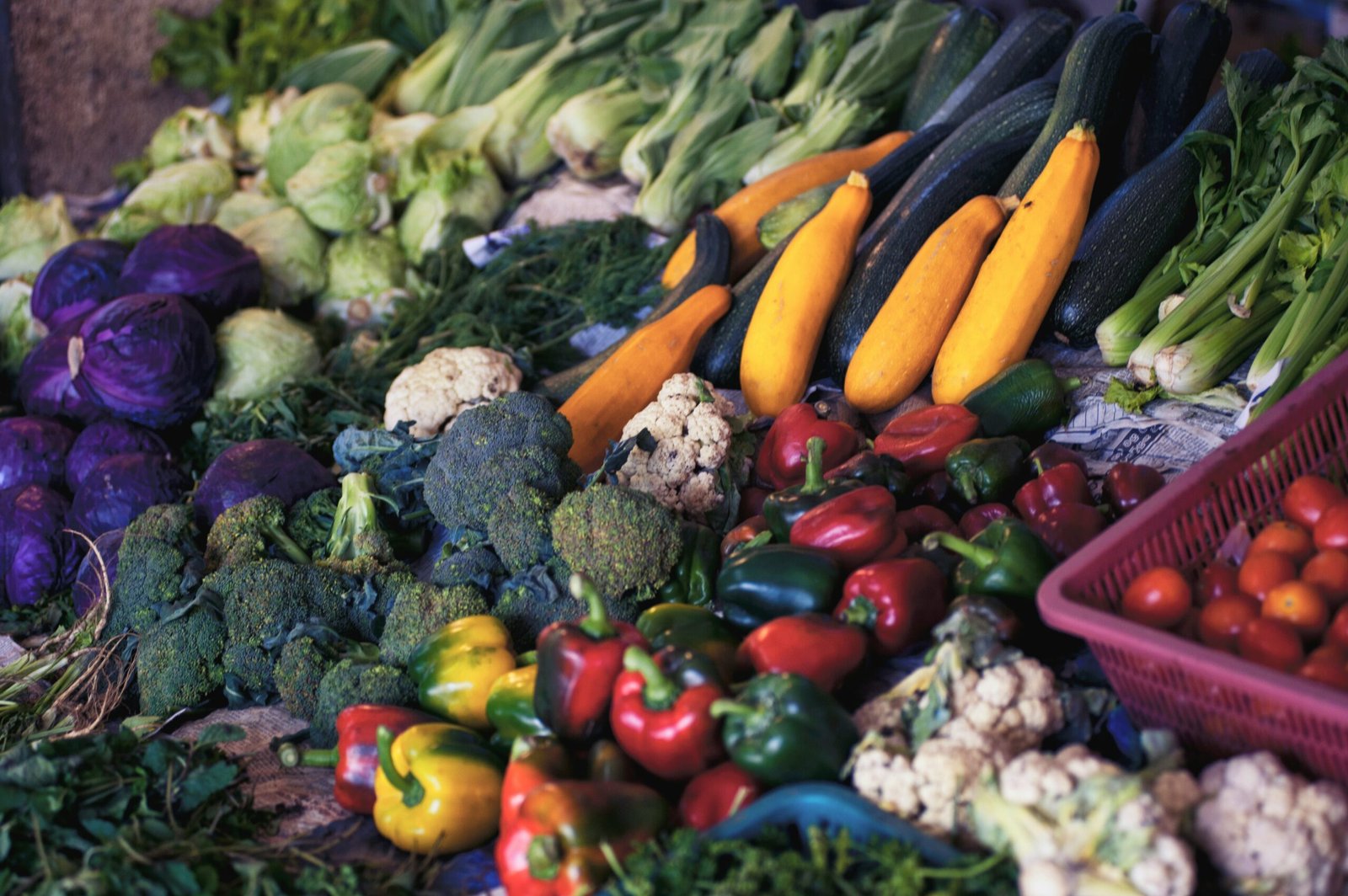https://www.profitablecpmrate.com/bwpetv09?key=69b5a96f33cdcb357a96f9f869e3d7ad
Introduction to Ginger and Turmeric Tea
Ginger and turmeric tea, a blend of two powerful natural ingredients, has long been celebrated for its health-promoting properties in various traditional medicine systems. Originating from the aromatic landscapes of Southeast Asia, ginger (Zingiber officinale) and turmeric (Curcuma longa) have both marked their presence in Ayurveda and Traditional Chinese Medicine (TCM) for centuries. Ayurveda, the ancient medical system practiced in India, and TCM, a cornerstone of Chinese healthcare, both extol the virtues of these spices, leveraging their therapeutic potential to treat a wide range of ailments.
Combining ginger and turmeric yields a potent tea that capitalizes on the strengths of both ingredients. Ginger, known for its robust anti-inflammatory and antioxidant properties, has been used to alleviate digestive issues, reduce nausea, and offer relief from respiratory disorders. On the other hand, turmeric is revered for its active compound, curcumin, which boasts remarkable anti-inflammatory, antioxidant, and antimicrobial benefits. Curcumin has been extensively studied for its role in managing chronic conditions such as arthritis, cardiovascular disease, and even certain types of cancer.
When these two ingredients are combined into a single tea, the result is a synergistic blend that can deliver enhanced health benefits. Their complementary properties work in tandem to bolster the immune system, reduce inflammation, and improve overall well-being. With a growing body of scientific evidence supporting the health benefits of drinking ginger and turmeric powder tea, this ancient elixir has now found its place in contemporary wellness routines, bridging the gap between traditional wisdom and modern health practices.
Nutritional Profile and Active Compounds
Ginger and turmeric stand out in the realm of natural remedies, renowned for their rich nutritional profiles and bioactive compounds. By incorporating these spices into a daily regimen, particularly through tea consumption, the health benefits of ginger and turmeric powder tea become apparent, thanks to their unique chemical constituents.
Ginger contains an active compound known as gingerol, which is responsible for its distinctive aroma and flavor. Gingerol is not just a taste enhancer; it carries potent antioxidant and anti-inflammatory properties, playing a critical role in alleviating various ailments. Studies suggest that gingerol can help reduce nausea, support digestive health, and ease muscle pain and soreness, making the inclusion of ginger in one’s diet highly advantageous.
Turning to turmeric, its star compound is curcumin, which has garnered extensive attention for its medicinal properties. Curcumin is known for its powerful anti-inflammatory and antioxidant effects. It plays a vital role in managing oxidative stress, thereby contributing to the prevention of chronic diseases such as heart disease, Alzheimer’s, and certain cancers. Additionally, the anti-inflammatory properties of curcumin can help in alleviating symptoms of arthritis and other inflammatory conditions.
Apart from gingerol and curcumin, ginger and turmeric are also rich sources of essential vitamins and minerals. They contain vital nutrients such as vitamin C, vitamin B6, potassium, and manganese, which contribute to overall well-being. These spices are packed with antioxidants, compounds that help combat oxidative damage in the body, further underscoring the health benefits of drinking ginger and turmeric powder tea.
Embracing the consumption of ginger and turmeric tea allows one to harness the combined benefits of these potent bioactive compounds. Integrating this herbal tea into one’s lifestyle can thus provide a robust nutritional boost, paving the way for improved health and wellness.
Anti-Inflammatory Benefits
Ginger and turmeric have long been heralded for their potent anti-inflammatory properties. The primary active compounds responsible for these effects are gingerol in ginger and curcumin in turmeric. These compounds exhibit a significant ability to reduce inflammation, which can be especially beneficial for individuals dealing with chronic inflammatory conditions.
Gingerol, the bioactive compound found in ginger, has been observed to suppress inflammatory pathways in the body. By inhibiting the production of pro-inflammatory cytokines and enzymes, gingerol helps mitigate inflammatory responses. This mechanism can be particularly advantageous for managing conditions such as arthritis, where chronic inflammation leads to joint pain and degradation.
Similarly, curcumin, the principal curcuminoid in turmeric, is known for its remarkable anti-inflammatory effects. Curcumin targets multiple steps in the inflammatory pathway at the molecular level. It can block the action of NF-kB, a molecule that travels into the nuclei of cells and turns on genes related to inflammation. This has profound implications for conditions like cardiovascular disease and metabolic syndrome, where inflammation plays a critical role in disease progression.
The synergistic effects of gingerol and curcumin in reducing inflammation can provide substantial relief for individuals coping with chronic inflammatory diseases. The incorporation of ginger and turmeric powder tea into daily routines may offer a natural and effective approach to managing inflammation, reducing symptoms, and improving the quality of life.
In summary, drinking ginger and turmeric powder tea can harness the anti-inflammatory prowess of gingerol and curcumin, aiding in the management of arthritis, cardiovascular disease, and metabolic syndrome. By curbing chronic inflammation, this herbal blend not only addresses symptoms but also promotes overall well-being.
Digestive Health and Gut Benefits
Drinking ginger and turmeric powder tea brings numerous benefits to digestive health, notably for individuals experiencing common gastrointestinal disturbances. Ginger has long been recognized for its potent carminative properties, which help to alleviate bloating, gas, and indigestion. The spiced root can facilitate the expulsion of gas, thereby easing the discomfort associated with these conditions. Turmeric, on the other hand, features strong anti-inflammatory and antioxidant properties thanks to its active compound, curcumin. This aids in soothing inflammation in the gastrointestinal tract, further promoting a smooth digestive process.
In addition to these direct digestive benefits, ginger and turmeric powder tea nourishes and supports the gut microbiome. The gut microbiome—the community of microbes residing in the digestive tract—plays a critical role in overall health, impacting not just digestion but also immune function and even mental wellness. Consuming ginger and turmeric strengthens the microbiome by reducing harmful bacteria and fostering the growth of beneficial bacteria. This balanced gut flora enhances nutrient absorption, leading to better general health.
Moreover, studies suggest that ginger stimulates the production of digestive enzymes, which are essential for the breakdown and assimilation of nutrients. It also expedites gastric emptying, meaning food moves more swiftly through the stomach, thus minimizing the risk of acid reflux and indigestion. Turmeric complements these processes by aiding in bile production, which is vital for the digestion of fats. By improving bile flow, turmeric ensures a more efficient digestive process, reducing symptoms of bloating and indigestion.
In summary, the incorporation of ginger and turmeric powder tea into one’s daily regimen can significantly bolster digestive health. The duo works synergistically to alleviate common symptoms, optimize gut flora, and facilitate comprehensive nutrient absorption. Through these mechanisms, ginger and turmeric not only enhance digestive health but also contribute to overall well-being.
Immune System Support
The health benefits of drinking ginger and turmeric powder tea extend significantly towards bolstering the immune system. Ginger and turmeric both possess powerful antibacterial, antiviral, and antifungal properties, which play a crucial role in fighting infections and keeping the body resilient against various pathogens. These natural components act as a first line of defense, reducing the risk of common illnesses such as colds and flu.
Ginger, specifically, contains bioactive compounds like gingerol, which exhibits potent antioxidant and anti-inflammatory effects. These properties help neutralize harmful free radicals, thereby reducing cellular damage and promoting overall immune function. Through its antiviral capacities, ginger helps to hinder the replication and spread of viruses within the body, ensuring a fortified immune response.
Turmeric, on the other hand, is rich in curcumin, a compound celebrated for its anti-inflammatory and antioxidant prowess. Curcumin helps in modulating the immune system by influencing various immune cells and their responses. It enhances the body’s ability to ward off infections while also supporting the natural healing processes. Furthermore, the anti-inflammatory properties of curcumin alleviate chronic inflammation, which can otherwise weaken the immune system over time.
Together, ginger and turmeric create a synergistic effect, amplifying each other’s strengths in supporting immunity. The antioxidants present in both these ingredients are crucial in protecting the immune cells from oxidative stress and potential damage. Regular consumption of ginger and turmeric powder tea not only helps in maintaining a balanced immune system but also prepares the body to efficiently respond to any health challenges.
Incorporating ginger and turmeric powder tea into your daily routine is a simple yet effective strategy to enhance immune resilience. This natural remedy supports the body’s defenses holistically, ensuring a robust and responsive immune system.
Ginger has long been esteemed for its ability to mitigate nausea, a common symptom encountered in various circumstances. It proves particularly effective in alleviating motion sickness, often providing relief without the sedative side effects associated with conventional medications. The anti-nausea properties of ginger extend to pregnancy-related nausea, commonly known as morning sickness. Studies indicate that the intake of ginger can significantly reduce the severity and frequency of nausea and vomiting episodes in pregnant women, making it a natural, non-pharmacological option.
Postoperative nausea, a frequent complication following anesthesia, also finds an adversary in ginger. In controlled trials, ginger has demonstrated comparable efficacy to traditional antiemetics, offering a more holistic alternative for patients recuperating from surgical procedures. This multifaceted utility in various forms of nausea underscores the relevance of consuming ginger and turmeric powder tea as a preventive measure.
In addition to its influence on digestive wellness, this herbal infusion contributes to improved oral health. Both ginger and turmeric possess natural antibacterial properties that help in reducing oral bacteria. Regular consumption of the tea can lead to fresher breath, as the antimicrobial properties of the spices work to combat odor-causing bacteria. This makes it an excellent alternative to chemical-laden mouthwashes.
Moreover, the anti-inflammatory aspects of turmeric further enhance oral health by potentially lowering the risk of periodontal diseases. The combined anti-bacterial and anti-inflammatory actions can help in maintaining overall oral hygiene, thereby emphasizing the multifaceted health benefits of drinking ginger and turmeric powder tea.
While the health benefits of drinking ginger and turmeric powder tea are numerous and well-documented, it is essential to be mindful of potential risks and considerations associated with its consumption. Although the natural properties of these spices can offer various health advantages, they may also present certain side effects or contraindications, particularly when consumed in excessive amounts or by individuals with specific health conditions.
One potential risk to consider is gastrointestinal distress. Both ginger and turmeric are known to cause stomach upset, acid reflux, or diarrhea in some individuals. These symptoms are usually mild but can be bothersome if the tea is consumed in large quantities. Additionally, ginger can potentially cause heartburn in some cases, while turmeric may lead to bloating and gas.
Interactions with medications are another critical consideration. Ginger can thin the blood, which may amplify the effects of anticoagulant or antiplatelet medications, thus increasing the risk of bleeding and bruising. Turmeric also has anticoagulant properties and might interact with blood thinners like warfarin. Moreover, turmeric could interfere with medications related to blood sugar levels or stomach acid, potentially causing hypoglycemia or altering medication effectiveness.
Individuals with certain medical conditions should exercise particular caution. Those with gallstone issues or bile duct obstruction may find that turmeric exacerbates their condition due to its bile-stimulating effects. Pregnant women are advised to avoid consuming large quantities of ginger and turmeric, as these spices could potentially stimulate the uterus or interact with prenatal medications. Similarly, individuals with a history of kidney stones should moderate their turmeric intake, as it contains oxalates that might contribute to stone formation.
As a guideline for safe consumption, it is generally recommended to limit the intake of ginger to no more than 4 grams per day and turmeric to around 1 gram per day, preferably spread out in multiple doses. Consultation with a healthcare provider is advisable before incorporating ginger and turmeric powder tea into your daily routine, especially if you have any underlying health conditions or are taking any medications.
How to Make Ginger and Turmeric Tea
Preparing ginger and turmeric powder tea at home is a straightforward process that requires only a few simple ingredients and tools. To begin, gather the following items: one teaspoon of ginger powder, one teaspoon of turmeric powder, two cups of water, a pinch of black pepper, and optional ingredients such as honey or lemon for added flavor.
Start by bringing the two cups of water to a boil in a small saucepan. Once boiling, reduce the heat to low and add the ginger and turmeric powders. Stir the mixture well to ensure the powders are fully dissolved. Adding a pinch of black pepper is crucial, as it increases the bioavailability of curcumin, the active compound in turmeric, enhancing its health benefits. Let the tea simmer for about 10 minutes to allow all the ingredients to infuse properly.
After simmering, remove the saucepan from heat and let it sit for a minute to cool slightly. Strain the tea into a cup using a fine-mesh strainer to remove any undissolved particles. For a touch of sweetness, you can add honey, which not only enhances the flavor but also carries its own health benefits, such as antioxidants and antimicrobial properties. Alternatively, a slice of lemon can add a refreshing citrus note and an extra dose of vitamin C.
For those with specific dietary needs or taste preferences, there are a few variations of this basic recipe. For a vegan option, agave syrup or maple syrup can replace honey. If you prefer a creamier texture, you can add a splash of milk or a milk alternative such as almond or oat milk. Additionally, incorporating other spices like cinnamon or cardamom can provide a unique twist and additional health benefits.
By making ginger and turmeric powder tea a regular part of your routine, you can enjoy numerous health benefits from these powerful ingredients. Whether you prefer it plain or with added flavors, this tea is a versatile and beneficial addition to your diet.
Here is a bonus for you because you read the article to the end. Click on the link below and be the first person to discover many exciting online business opportunities> https://www.profitablecpmrate.com/nq7my1t66a?key=bb2d4ae95c421da5ae34a73884b95965








money casino
This website, you can discover a wide selection of slot machines from top providers.
Players can experience retro-style games as well as new-generation slots with vivid animation and interactive gameplay.
Whether you’re a beginner or a casino enthusiast, there’s a game that fits your style.
casino games
The games are instantly accessible round the clock and compatible with laptops and tablets alike.
You don’t need to install anything, so you can jump into the action right away.
Site navigation is easy to use, making it quick to find your favorite slot.
Sign up today, and dive into the excitement of spinning reels!
probiv-bot.pro
В этом ресурсе вы можете отыскать боту “Глаз Бога” , который позволяет проанализировать всю информацию о любом человеке из публичных данных.
Данный сервис осуществляет анализ фото и раскрывает данные из государственных реестров .
С его помощью можно узнать контакты через Telegram-бот , используя имя и фамилию в качестве поискового запроса .
проверка владельца по номеру телефона
Алгоритм “Глаз Бога” автоматически обрабатывает информацию из множества источников , формируя структурированные данные .
Подписчики бота получают 5 бесплатных проверок для проверки эффективности.
Платформа постоянно развивается, сохраняя скорость обработки в соответствии с законодательством РФ.
videonablyudeniemoskva.ru
Размещение оборудования для наблюдения поможет защиту территории круглосуточно. Современные технологии позволяют организовать высокое качество изображения даже при слабом освещении. Наша компания предоставляет множество решений оборудования адаптированных для офиса. videonablyudeniemoskva.ru Профессиональная установка и сервисное обслуживание делают процесс простым и надежным для любых задач. Свяжитесь с нами чтобы получить лучшее решение по внедрению систем.
Ronaldanivy
Vous cherchez de divertissements interactifs? Ce site regroupe une sélection variée adaptés à chaque passionné. Des puzzles aux défis multijoueurs explorez des mécaniques innovantes directement depuis votre navigateur. Découvrez les nouveautés comme le Sudoku ou des simulations immersives en équipe. Les amateurs de sport des jeux de football en 3D réaliste vous attendent. casino jeux en ligne Accédez gratuitement d’expériences premium et rejoignez des joueurs passionnés. Quel que soit l’action cette bibliothèque virtuelle s’impose comme votre destination préférée .
KevinPhacy
Хотите собрать информацию о человеке ? Наш сервис предоставит детальный отчет мгновенно.
Используйте продвинутые инструменты для анализа публичных записей в соцсетях .
Узнайте контактные данные или активность через автоматизированный скан с гарантией точности .
глаз бога найти телефон
Бот работает в рамках закона , обрабатывая общедоступную информацию.
Закажите расширенный отчет с геолокационными метками и графиками активности .
Попробуйте надежному помощнику для digital-расследований — точность гарантирована!